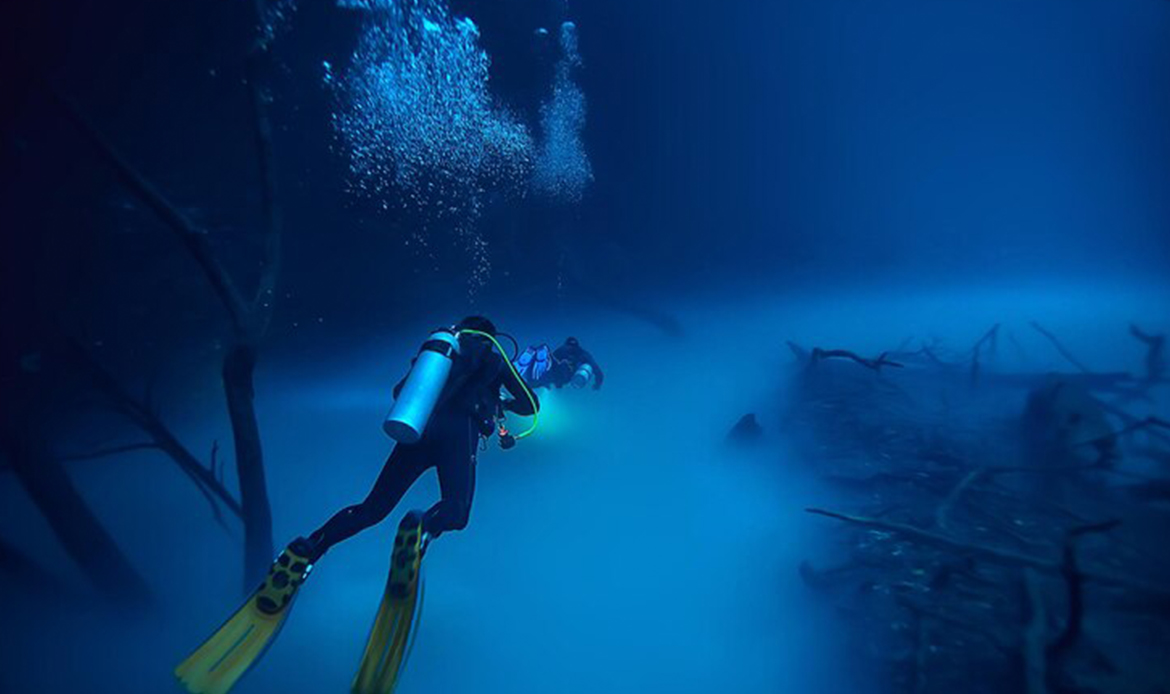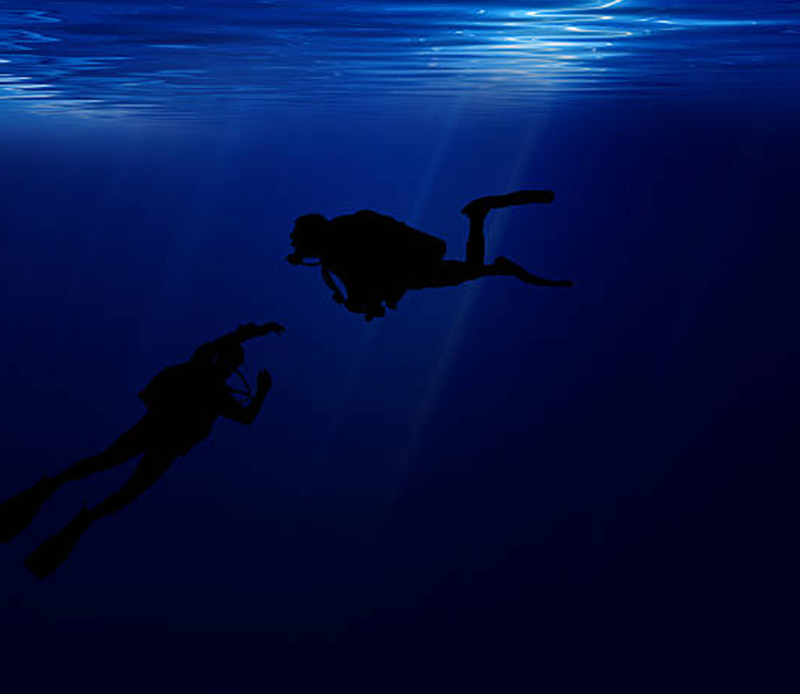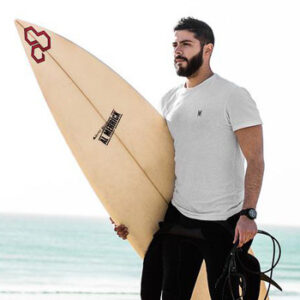
The thought of dipping below the surface at night seems mysterious, yet so alluring. Although you’ve been scuba diving at a site many times before, at night you drop into a whole new world and watch it come to life under the glow of your dive light. The scene changes as day creatures retire and nocturnal organisms emerge. If you’ve wondered what happens underwater after the sun goes down, sign up for the PADI Night Diver Specialty course.
There are many benefits to night diving, including:
- Seeing different marine life. Many marine creatures are nocturnal and only come out at night. This means that night divers have the opportunity to see different marine life than they would see during daytime dives.
- Experiencing a different underwater environment. The underwater world is a very different place at night than it is during the day. The water is often calmer and more clear, and the colors are more vivid.
- Having a more challenging and exciting dive. Night diving can be more challenging and exciting than daytime diving, as it requires divers to use their senses and skills in different ways.
However, it’s important to note that night diving also has some risks. It’s important to be aware of the risks and to take steps to mitigate them. Here are some tips for safe night diving:
- Dive with a buddy. It’s always important to dive with a buddy, but it’s especially important when night diving.
- Use a dive light. A good dive light is essential for night diving. It will allow you to see where you’re going and to see the marine life around you.
- Be aware of your surroundings. It’s important to be aware of your surroundings at all times, but it’s especially important when night diving. Be aware of other divers, boats, and marine life.
- Plan your dive and dive your plan. It’s important to plan your dive carefully and to dive your plan. This is especially important when night diving.
If you’re a certified scuba diver and you’re interested in learning more about night diving, then I encourage you to take a night diving specialty course. It’s a great way to improve your diving skills and to experience the underwater world in a new and exciting way.

Who Can Enroll
| Age | At least 18 years old |
| Medical Fitness | You may be required to fill out a medical questionnaire and, if necessary, get a medical clearance from a physician to ensure you are fit for scuba diving. |


